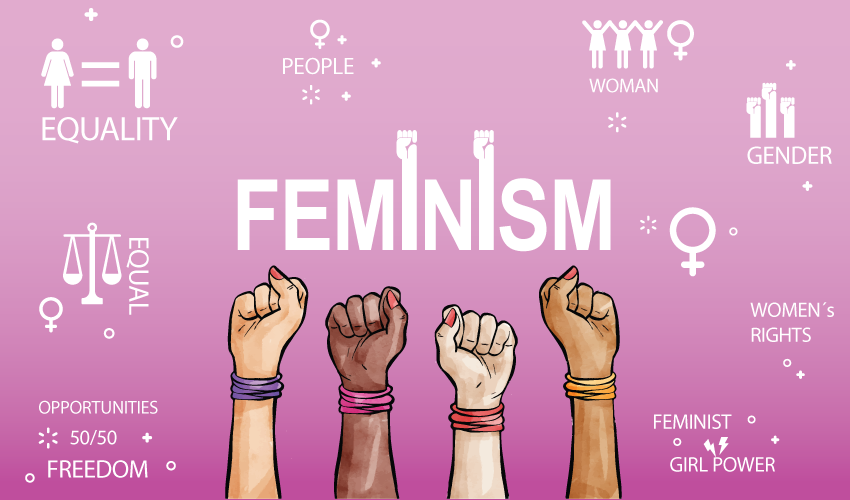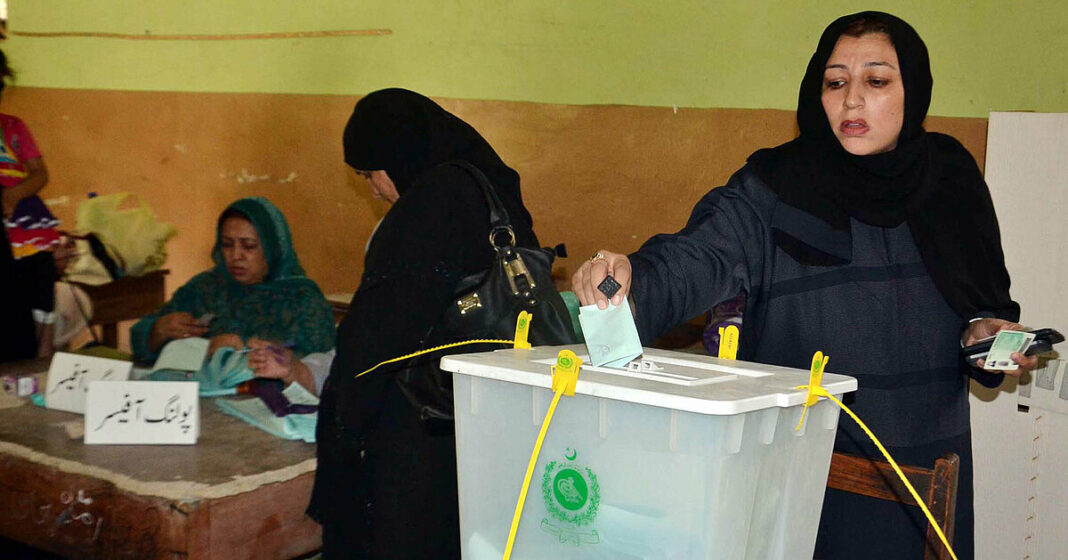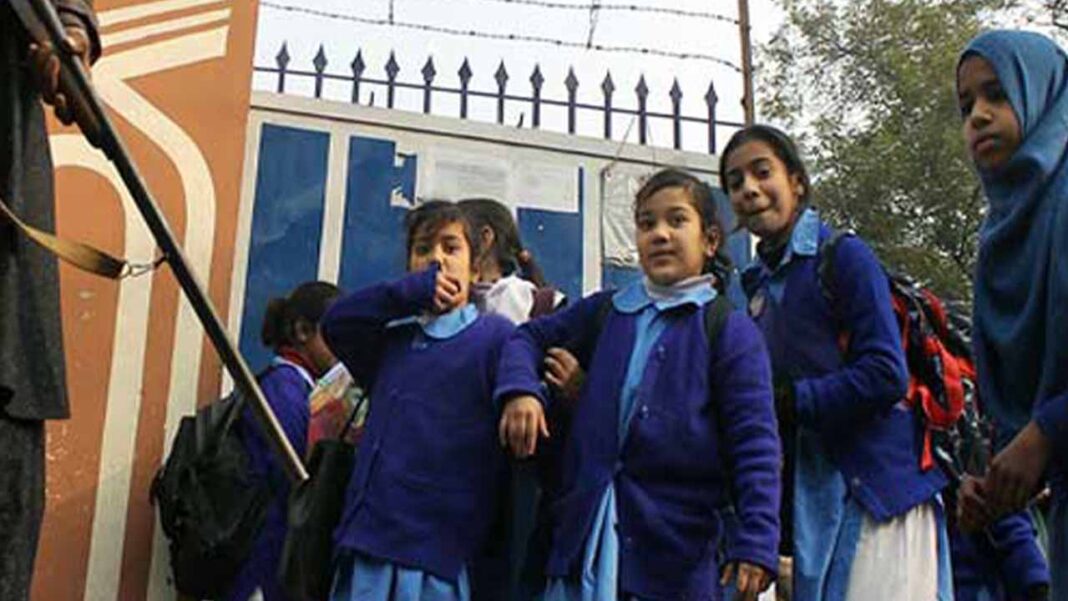By: Sukkena Afzal
Last week one random evening, I decided to meet my school friends after half a decade. During the conversations, I met with an epiphany, that was, all of them were vehemently against the widely mocked yet significantly crucial concept of feminism without any logical reasoning. I guess it was my credulity to believe that today’s entire youth believes in the phenomenon of gender equality. What was incredibly astonishing yet alarming was that my girlfriends were also part of the problem. The debate between me and my friends over the complication initiated, and that’s when they argued over the infamous phrase “Mera Jism Meri Marzi” being vulgar and misleading. The phrase “Mera Jism Meri Marzi” came into existence in Pakistan during the 2018 Aurat March. It fundamentally emphasizes that women should not be touched sexually against their will. Rudimentarily, the phrase underlines the unjustified violence, injustices, and inequality forced upon women. By using this slogan, Pakistani feminists protest incalculable honor killings, marital rapes, acid attacks, harassment in public places and offices, child rape, female genital mutilation, forced child marriages, sexism, and domestic violence. It also stresses upon body autonomy of women and forceful impregnations of women despite their poor health. When I elaborated on its deep context, their irrational arguments came to an end, and I’m content to educate them on such an important and sensitive issue.
The discourse about religion and feminism is also a significant one as well. Feminism is considered a taboo topic precisely in Pakistan because most of the time it doesn’t align with our religious principles, and I get why it infuriates the masses. Mainly because our Pakistani masses are brilliant at disguising themselves as super religious whereas in reality, most of them are predators in real life and it threatens their mere existence. But I think feminism isn’t supposed to be fully in alignment with our religious principles, considering it’s a “social and global” movement and not a “religious” one. The “Pakistani Feminists” aren’t going against Islam anyway, it is going against the patriarchal norms of the society that have been practiced for decades, the cultural practices that unjustifiably benefit men.
Feminism, to me, has always been my safe place. It’s one subject that I can talk about relentlessly. It’s extremely close to my heart. It’s so frequently misunderstood that it’s ludicrous. At times, I’m in disbelief at how hard it is for people to comprehend that both men and women are equal and should be equal in a society for a society to progress. I reckon, as the masses just don’t want to understand it, as basic as it sounds. Because I have experienced people getting uncomfortable over this topic, similarly, giving judgmental looks to me when I declare myself a feminist.
It’s a great subject to be taught and recurringly explained to the masses but instead, it’s regularly mocked cause we, being a deeply patriarchal society don’t want to tolerate women being vocal about their requirements in any aspect. We cannot handle women voicing their discomforts. We cannot see women enjoying their lives, as simple as that. What irks me about the whole movement is, how even today’s women continue to perpetuate patriarchy, just to maintain good friendships with certain men. The last thing women should choose to be is being a misogynist. Because how can an individual, belonging to the same gender, justify harassment of various kinds, or oppression or inequality and disparities based on your mere gender? It is mind-boggling, to say the least.
The sad reality is the future doesn’t look too bright either. Some women and young pals continue to commemorate misogynistic traditions since they want to be accepted in society because people dislike the inclusion of feminists in their communities. We need to become a little more tolerant and should be all ears to hear the concerns of women who go through immense stress each day to survive in this society, instead of living in the bubble of our subjective privileges.
The writer is a student at Karachi University. She can be reached at [email protected]






